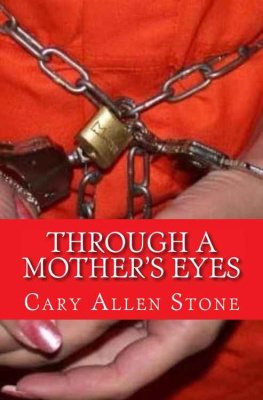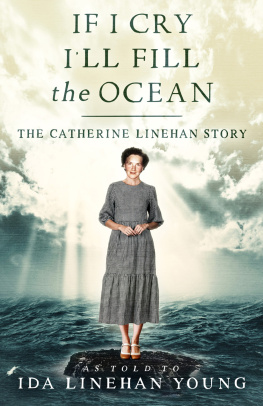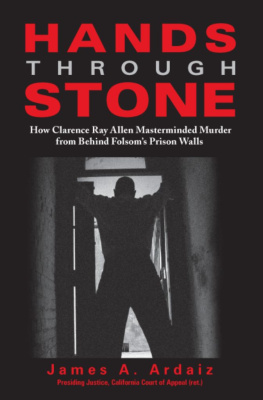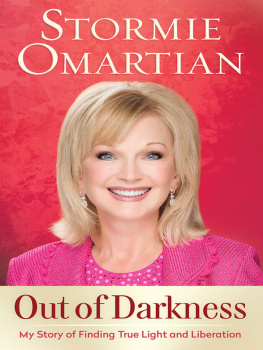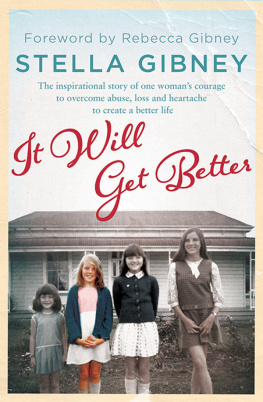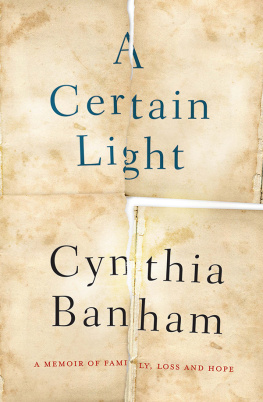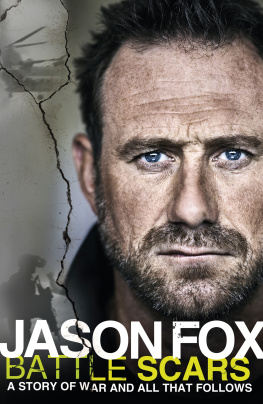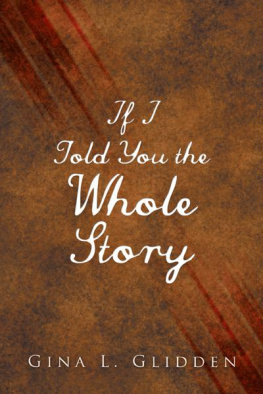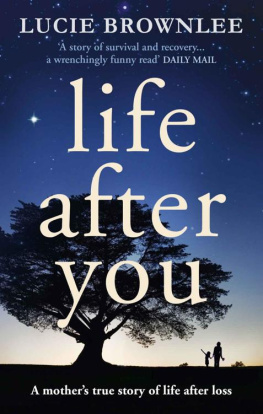All rights reserved.
No part of this book may bereproduced, stored in a retrieval system, or transmitted by any means,electronic, mechanical, photocopying, recording, or otherwise, without writtenpermission from the author.
For Charley
Thanksvery much for sending me Through a Mothers Eyes. You certainly capture manyof the central issues I have repeatedly seen in mothers who kill theirchildren. You also did a great job of presenting it without bias. I believe thepublic is well served by seeing inside the mind of a woman in such acomplicated case of child murder.
Phillip J. Resnick, M.D.
Prologue
This story is told as iflegal counsel is presenting Julies case to a jury. There never was a trialbecause Julie pled guilty. In this way, the reader is given the opportunity toexamine the facts and reach their own conclusions.
Whenever filicideoccursthe taking of a childs life by a parentthe question of whyis always asked. As human beings, we believe there should always be answers toour questions but we never seem to leave this particular arena with a clearunderstanding. Although there are clinical psychiatric papers on the subject,the nonprofessional remains largely in the dark. The news media provides thegruesome details then quickly moves on to blind-side us by the next tragedy.
This book will describe thechronology of events that led up to the murder of a small child by his mother.While walking in her shoes, you will also gain insight into how our legalsystem works from arrest through incarceration. By examining Julies life, youwill be better able to recognize the warning signs.
Ifyou are in fear of domestic violence from your spouse,former spouse, a family member, or someone you know please go to Solutions to find help and legal remedies. Thereare alternatives that are available 24 hours a day, every day of the year.
I am not a psychiatrist,social worker, law enforcement officer, politician, lawyer, or judge. Im awriter. The story told inside these pages is true, told without prejudice. Iwill not taint, color, or influence the story in any way and I followed myobligation to be accurate, methodical, and objective. Julie, in her own words,will tell you why she chose to do what she did. The story is compelling,overpowering, and riveting.
Since there was never a trial,in this case you will be a jury member of sorts. You will not be deciding guiltor innocence. Julie accepted responsibility when she confessed and pled guilty.Instead, as you read these pages, I want you to decide if the events in Julieslife were reasonable catalysts for her fatal action. By reasonable I donot mean justifiable. I mean that you can understand what motivated herto murder her son.
It is imperative for you toknow that I was not solicited by Julie to write her story. She is a quiet,reserved, conservative woman who shuns all publicity. She reluctantly agreed totalk with me and tell her story. I knew Julie as a casual acquaintance and wehad occasional conversations before the murder. It is also important for you tounderstand that Julie, because of the publication of this book, will notreceive any form of financial compensation or consideration for an earlyrelease. Julie will only receive the personal satisfaction of knowing thatthrough the complete exposition and examination of her life she may preventanother tragedy.
Additionally, it is importantto understand that this book is not intended in any way to seek sympathy forJulie. What she did was unequivocally, legally and morally wrong. Julie hasnever contested that and fully accepts her punishment. She is also punished bythe nightmare she lives with every second of time.
Julies contribution to thisexamination of filicide is not only crucial, but invaluable. It is a rare,uncompromised, first person discussion. I can assure you, as I listened andwatched Julie struggle to retell the heart-wrenching story, I observed anamazing, even extraordinary level of courage that I had never witnessed before.
I believe we need to examine ourselves.We need to understand how things can go so very wrong in our lives and how manythings influence our decision-making. We need to notice trends in our livesthat have the potential of taking us in the wrong direction.
I strongly believe thatknowledge is invaluable and can make the difference in decision-making. Perhapswhat you learn from Julies story will make you better able to help someonethat feels trapped.
This book will be difficultto read. By the time you reach the last chapter, you will feel different. Thisbook will cause you to look at your own fears and beliefs. Through aMothers Eyes, Julie's story, is as much a reevaluation of us, as it isabout Julie.
CAS
The following chronologywill take you from Julies birth until the day before the murder. These fewpages represent years of time passage. It is impossible to capture growth,moods, and changes in personalities here. It is intended to provide a time lineand a background staging point for the remainder of the chapters.
Donald married for the firsttime while he was in the Army. After ten years of marriage, she left him. Inthe divorce, he is given partial custody of Donald, Jr. His wife then left thestate with their only child and he never saw them again. He then met and datedMarseille. She became pregnant. The pregnancy pushed them a little quickerinto marriage. Although Marseille had a difficult labor, they became parentswhen daughter Julie was born on March 15, 1963.
A brief time later, theyrelocated from Indianapolis, Indiana, to Winter Park, Florida where they livedin a middle-class neighborhood. Marseille was a homemaker and Donald awhite-collar, defense industry worker. The family found their religiousstrength in the Presbyterian Church but while Julie believes in God, sheremained largely outside of any church affiliation.
They decided they wantedanother child, but Donald was unable because after Julies birth he had avasectomy. They decided to adopt. When Julie was four, Donald and Marseillebrought home two-year-old John from an orphanage. Although not born of the sameparents, Julie would later reflect that she and John could have been paternaltwins because they looked so much alike. John, abandoned by his naturalparents, had already been in several foster homes. In all likelihood, hisabandonment was the reason that he suffered physical and emotional problems. Hedid not speak, and experienced projectile vomiting for years.
Neither Donald nor Marseillewere prepared to deal with the extreme difficulties that came with Johnsarrival. There was no educational assistance, training, or support system inplace to help them. Donald began to drink excessively to cope with the pain andstress. He withdrew from his responsibilities at home and the problems withJohn. He left the burden of child rearing solely to Marseille.
In addition, his position atMartin-Marietta required extensive travel during the weekdays. According toJulie, her father was a very intelligent man with a very good job.Unfortunately, that job left him with little time at home with most of the timespent there inebriated. Because of Donalds non-involvement in the family,Marseille, normally a loving and caring woman took out her frustration andanger on John through painful verbal and physical abuse. She would beat himuntil black and blue because he was a difficult child and threw up all of thetime.
She was described by Julie assomeone often living in denial and unable to handle any pressure. Consequently,John suffered severely at the hands of his adopted mother. Marseille, Julielater said, preferred little girls instead and all of the things that theyrepresented.

